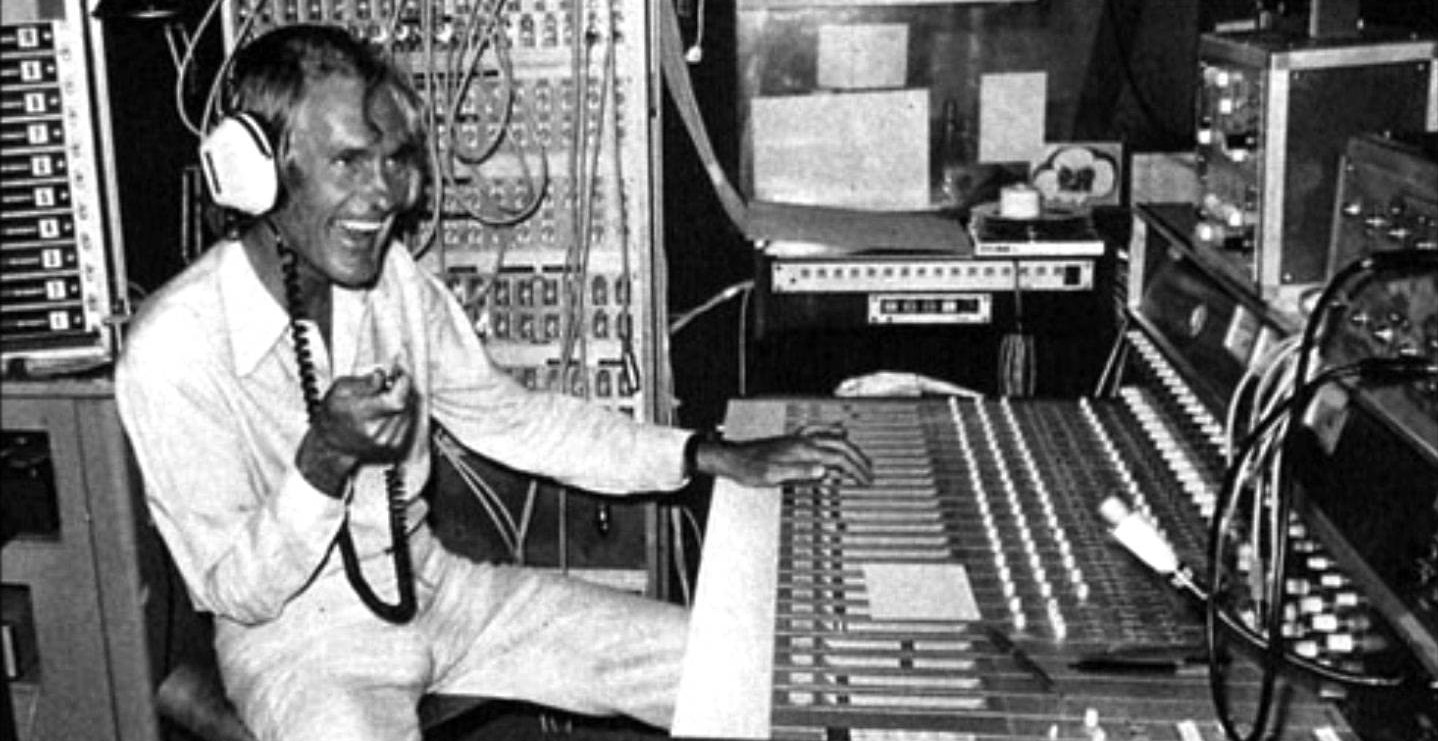For all his many flaws, Timothy Leary did prove to be prescient in numerous ways. One was his abandonment of LSD for a new and more powerful drug: computer software. The good doctor believed psychedelics, while a useful first step out of conformity, would become a crutch. He wanted to “plug into” a better machine. Computers (and space travel), he believed, would offer far wider horizons and deeper questions about reality. It is funny that Leary wanted us to stop being “beloved robots” only to devote his attention to actual ones. But he was right: Even yesterday’s bleeding-edge drugs were blunt instruments.
On a related topic, Steven Levy has written “Inside Deep Dreams: How Google Made Its Computers Go Crazy,” a beauty of a Backchannel piece about computer scientist Alexander Mordvintsev, who fell into a terrible dream and awoke to the possibilities of artificial neural networks. He educated himself in the way of NNs and then rerouted them in a novel way, from passive to active, from literal to metaphorical. Of his initial experimentations, Levy writes that the “image looked like the work of a mad person. Or someone on LSD.”
The opening:
In the very early hours of May 18, 2015, Alexander Mordvintsev was wrenched from sleep. A nightmare, he later described it to me, in the first interview he has granted on the experience. Or, at least, a dream, a deeply disturbing dream, where an intruder had crossed the threshold of the Zurich apartment that he, his pregnant wife, and his 3-year-old son had been occupying for the past few months. They had moved to Switzerland from St. Petersburg that last November, when the Russian computer scientist got a job at Google’s engineering center there.
Now it was darkest night and Mordvintsev, jarred awake by his savage slumber, leapt from the bed to check the door. It was closed; all was quiet. But his mind was afire. Okay, it’s 2 a.m., but I can’t sleep, he told himself. So time to write a few lines of code.
It would be a decision that would eventually unleash a torrent of fantastic images, torn from an alien perspective, that intrigued and twisted the minds of those who viewed them. A decision that would reveal the power of artificial neural nets, our potential future overlords in an increasingly one-sided relationship with machine intelligence. And a decision that would change Mordvintsev’s own life.•

